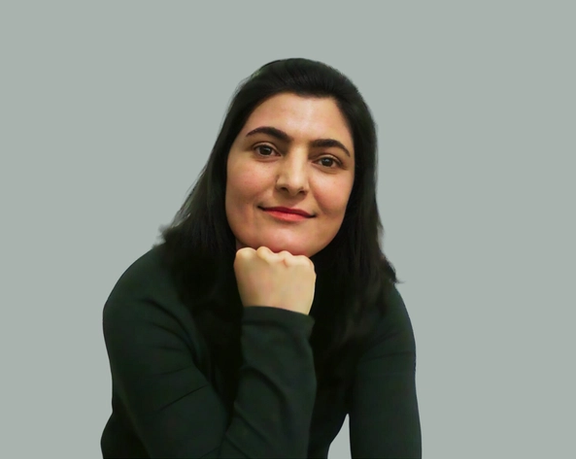On Friday, the Human Rights Activist Network in Iran (HRANA) reported that Jalalian, despite suffering from multiple physical ailments, has been consistently denied the necessary medical attention and hospital transfers.
“Ms. Jalalian suffers from pterygium (an eye disease) as well as kidney and gastrointestinal diseases. Recently, due to pain in her right side, she was transferred to the prison infirmary. She was examined by the prison doctor, but no specialized treatment was provided. This political prisoner requires hospitalization and specialized care, yet the relevant authorities continue to prevent her transfer,” wrote HRANA.
Jalalian was arrested on February 26, 2008, while traveling on an intercity minibus in western Iran. Agents of the Ministry of Intelligence apprehended her at the entrance to the city, in front of dozens of passengers. During her detainment, Jalalian was subjected to severe physical and psychological torture, as reported by multiple rights groups.
In December 2008, she was sentenced to death by the Revolutionary Court in Kermanshah on charges of “enmity against God” (moharebeh) through “armed action against the Islamic Republic, membership of PJAK, possession and maintenance of military weapons and equipment, and propaganda activities in favor of anti-state groups” according to Kurdistan Human Rights Network (KHRN). Her sentence was commuted from execution to life imprisonment in October 2011.
In 2016, the UN Working Group on Arbitrary Detention determined that she was detained for the peaceful exercise of her rights to freedom of expression and association and denied her right to a fair trial. Amnesty International has repeatedly called on the Iranian authorities for her immediate release.
In January this year, Amnesty urged for her release again and stated that despite the findings of the UN Working Group on Arbitrary Detention, “Iranian authorities continued to subject Zeynab Jalalian to torture by deliberately denying her healthcare to coerce her into providing a videotaped ‘confession’ and ‘repenting’ for her past activities. Following at least two COVID-19 infections, Zeynab Jalalian has developed a lung condition and has trouble breathing – a condition that needs proper treatment.”
Jalalian has been transferred multiple times between various prisons, including Khoi, Qarchak, Varamin, Evin, Kerman, Kermanshah, and Yazd, without any leave. Her health has deteriorated significantly, with no respite from the prison authorities.
Numerous reports have highlighted the systemic neglect of medical treatment for political prisoners in Iran, resulting in the deaths of several inmates in the past.







